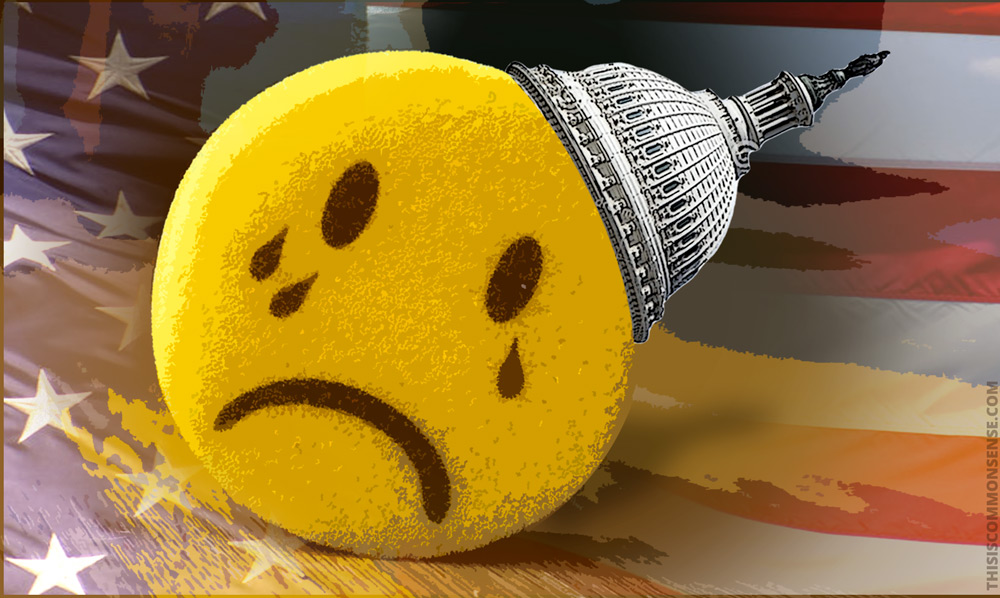The Mueller report has not calmed the partisan enmity roiling Washington.
Many in Congress complain about Mueller not reaching a prosecutorial decision on the issue of obstruction of justice, thus leaving Attorney General William Barr to determine that actions by President Trump did not reach a criminal threshold.
But who wrote the rules for such investigations?
“If Congress does not like the decision, because it was made by the attorney general,” explained Jacob Frenkel, an attorney who formerly worked in the independent counsel’s office, “Congress has only itself to blame for not renewing the independent counsel statute.”
“Analysts noted that lawmakers, in effect, gave Barr authority over Mueller when they let the independent counsel law expire in 1999,” reports The Washington Post. “That law created a prosecutor position with even more autonomy than Mueller, who was appointed under more restrictive special counsel regulations.”
Of course, in 1999, Republicans controlled both houses of Congress. Had they a crystal ball to see 20 years into the future, for partisan reasons they might celebrate that they allowed that law to lapse.
Then again, Democrats have controlled both houses since then, even sporting a filibuster-proof Senate majority in 2009. Yet did nothing to legislate a solution to the problem they see today.
My point isn’t to bemoan the special counsel or independent counsel statute, about which good people might disagree. Instead, let us acknowledge the essential role our system reserves for Congress. Yes, again and again, from tariff policy to foreign policy to these current issues, Congress punts its power away to the executive and judiciary branches.
And then cries about it.
Well, wipe your eyes, solons: it’s We the People who feel the pain.
This is Common Sense. I’m Paul Jacob.

—
See all recent commentary
(simplified and organized)
